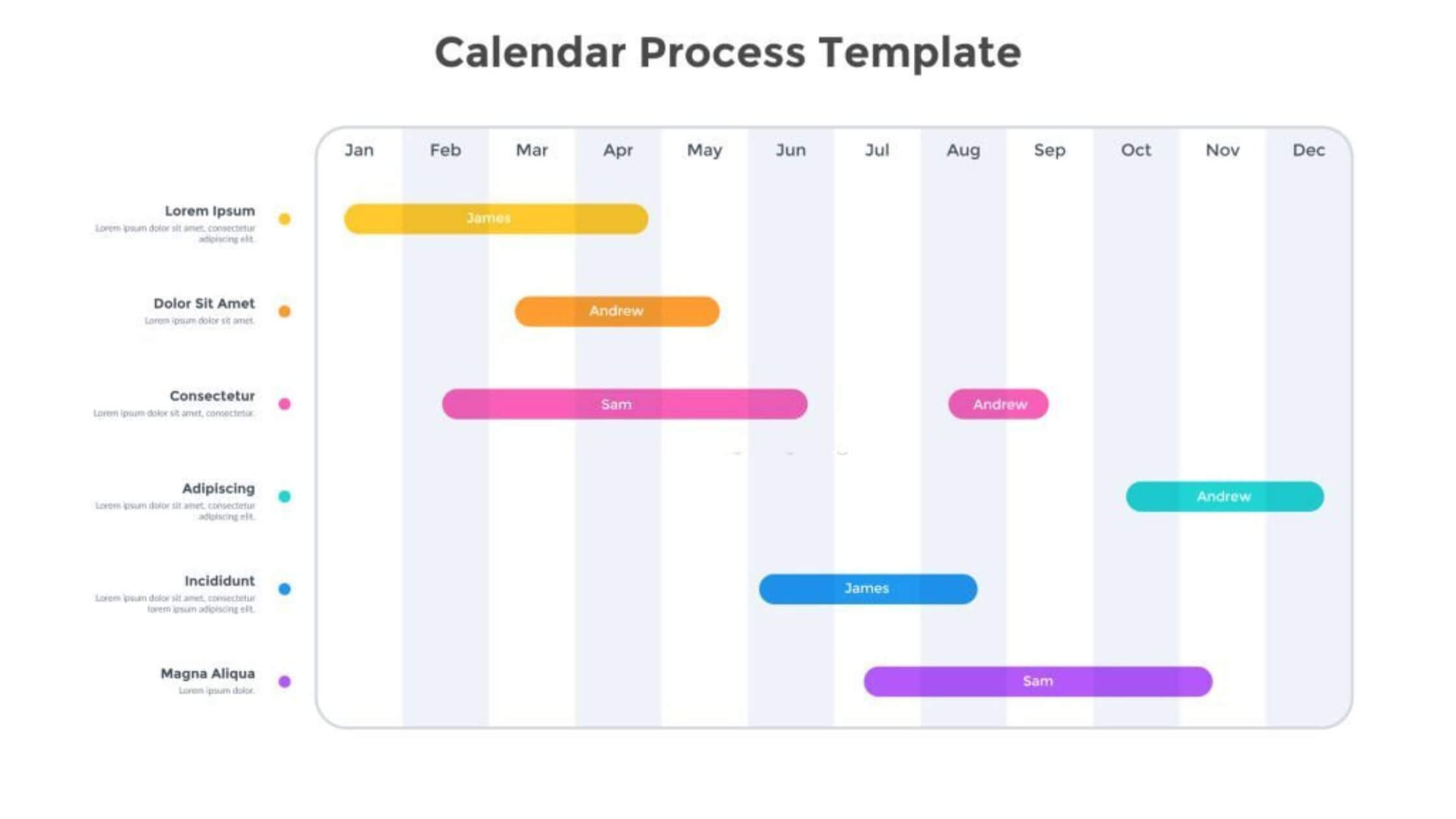

In project management, a schedule management process plan is a crucial component that helps in effective project scheduling. It defines the approach, tools, and techniques to be used for creating, maintaining, and controlling the project schedule. In this article, we will explore the significance of a schedule management process plan and its key elements.
Importance of a Schedule Management Process Plan
A schedule management process plan plays a vital role in project management for the following reasons:
- Efficient Time Management: A well-defined process plan helps in allocating resources, estimating task durations, and sequencing activities to optimize project timelines.
- Coordination and Collaboration: The plan facilitates coordination among project stakeholders, ensuring everyone is on the same page regarding project schedules and deadlines.
- Risk Mitigation: By identifying potential schedule risks and developing contingency plans, the process plan helps in mitigating delays and ensuring timely project completion.
- Communication: The process plan serves as a communication tool, enabling project managers to effectively communicate schedule-related information to the team, stakeholders, and clients.
- Performance Measurement: A process plan provides a baseline for measuring and evaluating project progress, allowing project managers to track actual vs. planned schedules and take corrective actions when necessary.
Key Elements of a Schedule Management Process Plan
A comprehensive schedule management process plan should include the following key elements:
- Schedule Development: This element outlines the process for creating a project schedule, including defining work packages, estimating durations, and establishing dependencies.
- Schedule Baseline: The plan should define how and when the schedule baseline will be established, representing the approved version of the project schedule against which performance will be measured.
- Schedule Control: This element covers how changes to the schedule will be managed, including the change control process, impact analysis, and communication of schedule updates.
- Schedule Reporting: The plan should specify the frequency, format, and stakeholders for schedule reporting, ensuring timely and accurate communication of project progress.
- Tools and Techniques: This element identifies the software tools, techniques, and methodologies that will be used for schedule development, analysis, and tracking.
Solutions to FAQs asked about Project Management Schedules
The schedule management plan is used to solve the following issues:
- How do I create the schedule for a project?
- What tools can I use for the schedule?
- How do I plan the schedule of a project?
- How do I manage the time aspect of a project?
- How do I control time variances?
Taking a PMP Course will help you understand all of these issues and how the Schedule Management Process Plan helps to keep a project on track.
How do I create the schedule for a project?
You will learn the process needed to develop the project schedule with the Project Schedule Plan Process. E.G. decide how to determine project activities, how to assign resources to tasks, how to estimate effort/time, and which scheduling approach to apply.
What tools can I use for the schedule?
Many companies will have existing tools and software they use for project management, including systems for Time Projections, Quality Assurance, Communications, Technical Support, etc. These tools must be included in the Schedule Management Plan as they will be core understandings of how the project will progress.
How do I plan the schedule of a project?
The schedule management plan process involves deciding upon activities that will be taken in the project, allocating the various resources to these activities, estimating the time and effort each activity takes, planning the timeline for activities and of course, finalizing the actual schedule for the project.
How do I manage the time of a project?
After the schedule has been developed, a baseline for the time must be determined and scheduled. This will be the foundation for your project management decisions when it comes to actions that may need to be taken throughout the project.
How do I control time variances?
Having established a baseline During your Plan Schedule Management Process, you will be able to determine if a project is ahead of schedule or being delayed. Knowing this info is key in controlling time variances, and the schedule management plan will hold the key guidelines on what to do should aspects of the project be affecting the timeline.
Sign-up for a 7-day free trial! Try the first two modules of Brain Sensei’s story-based PMP and CAPM Exam Prep courses and a mini practice exam and see how it all works
Conclusion
A schedule management process plan is a vital component of project management, enabling efficient time management, coordination, risk mitigation, communication, and performance measurement. By defining the approach, tools, and techniques for project scheduling, it ensures that projects are delivered on time and within budget. Project managers should develop a comprehensive process plan to effectively manage project schedules and drive successful project outcomes.
Have you led projects and are looking to earn a project management certification? You might be interested in learning about how lucrative this can be. Check out these articles.
13 PMP Benefits Once You Get The PMP Certification
No experience leading projects but still want to get into project management? No problem! Check out these articles.
CAPM Certification Eligibility
What is a Certified Project Manager; How do I get PM Certifications


